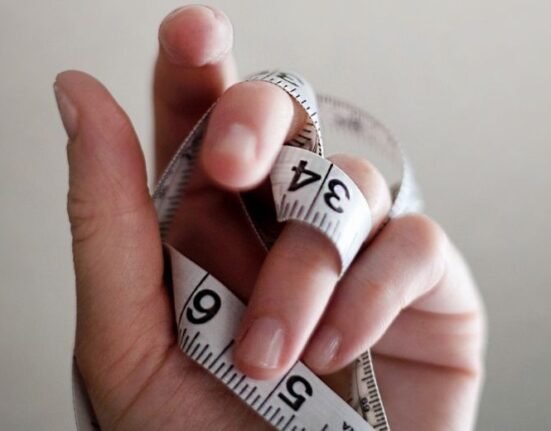HQ Team
January 21, 2023: A new research carried out at Johns Hopkins University says your food portions are more important than the timings of your meals if you want to lose weight.
According to the study published in the Journal of the American Heart Association, there is little evidence linking weight loss and limiting your window of eating to certain hours.
The researchers asked 547 participants to track their activities and meals on a mobile app, giving researchers an insight into their eating habits, the span between their first and last meals of the day and the period between their last meal and sleeping.
The scientists also looked at the particpants’ weight over the course of six years—five years before recording meal timings and portions and the six months of logging their health records.
The study separated the recorded meals into three size categories: a small meal had fewer than 500 calories, medium meals ranged from 500 to 1,000 calories and large meals consisted of more than 1,000.
The study found that the participants who ate the largest and medium meals gained weight over six years, whereas those who ate fewer, smaller meals lost weight.
These observations are consistent with the previous findings that eating fewer calories contributes to weight loss.
Intermittent fasting and weigh loss
The researchers did not find any link between weight change and the practice of intermittent fasting. Nor did they find an association between weight change and the timing of a person’s first meal after waking up or last meal or snack before bed.
“This study shows that changing your timing of eating is not going to prevent slow weight gain over many, many years — and that probably the most effective strategy is by really monitoring how much you eat, and by eating fewer large meals and more small meals,” said Dr. Wendy Bennett, an author of the study and associate professor at Johns Hopkins Medicine.
The observed weight changes were small overall, though: People who ate an extra daily meal saw less than 1 pound of additional weight gain per year, on average, relative to people who did not eat that extra meal.
The average person gains 1 or 2 pounds per year, which can amount to significant weight gain over time. Eating fewer large meals and more small meals could prevent weight gain over the years. On average, the participants ate their meals during an 11.5-hour window, with their first meal less than two hours after waking up and their last around four hours before bed.
Small meals and weight loss
But health experts say the study in no way established that it is the perfect way to lose weight.
An earlier study found that eating earlier in the day may contribute to weight loss, perhaps because it helps people burn calories or feel fuller throughout the day.
Other studies have found that restricting eating to certain time periods does not reduce body weight any more than restricting daily calorie intake.
“Time-restricted eating can be really helpful, I think, when it helps people restrict their calories,” Bennett said. “We already know that caloric restriction is the most effective strategy for weight loss.
An important factor in weight loss is the nutrient quality of a person’s diet. Eating highly processed foods can contribute to weight gain. Going on a diet based on just meal timings is self-defeating; what you also consume matters.








